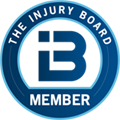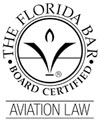On February 15, 2015 the FAA published proposed rules for commercial use of Unmanned Aerial Systems (UAS’s, a/k/a Drones) and held public comment on them. We are still awaiting a final rule. Until a final rule is passed, the Department of Transportation has tasked the FAA with approving, on a case by case basis, commercial flight operations for drones. This is commonly called a “Section 333 exemption.” A Section 333 exemption provides the FAA with flexibility in determining what is necessary for safe commercial flight operations of Drones. If approved, a Section 333 exemption granted to a Drone operator contains exemption terms which include a list of requirements, all of which must be followed, and the FAA issues a Certificate of Authorization (COA). The exemption is only for the Drone operator to fly those UAS/Drone missions described in the exemption, and doing anything else is a violation of law. All exemptions are not the same, but there are some common conditions for commercial use. These conditions include speed restrictions, altitude restrictions, visual line of sight requirements, the requirement that all flights have an approved pilot (holding an FAA issued airplane pilot certificate) as well as a visual observer, and daytime only operations, among other requirements. In other words, there are many hoops to jump through before you can legally fly a Drone for commercial purposes.

 March 10, 2016 in
March 10, 2016 in 







